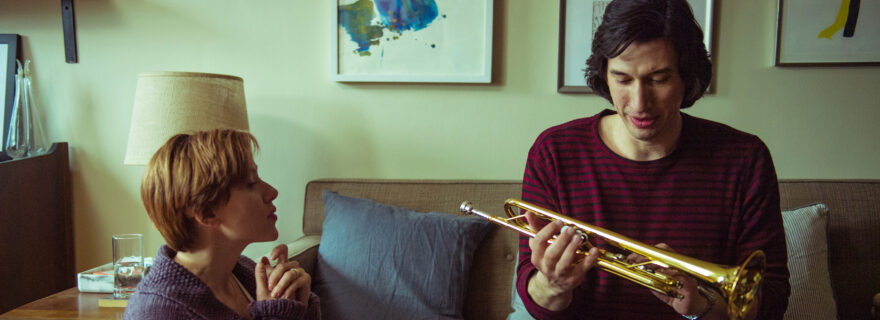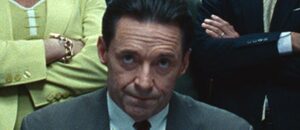Marriage Story
Movie Rating:
5
In 1979, Robert Benton directed Dustin Hoffman and Meryl Streep in a film about the disintegration of a marriage and the ramifications it had on their young kid. Kramer vs. Kramer was groundbreaking stuff, became an enormous financial success, and took home Oscars for Best Picture, Direction, Actor, Supporting Actress, and Screenplay. If Netflix has its way, Noah Baumbach’s riveting Marriage Story may follow suit.
Baumbach’s tale borrows even more from other 1970s films, especially those of Woody Allen, who was obsessed with the quotidian travails of relationships he found in the cinema of Ingmar Bergman. This isn’t even the first time Baumbach has explored these issues; The Squid and the Whale makes even clearer connections to Benton’s film. However, while it’s easy to draw specific parallels, this kind of raw, intense exploration of a failing marriage is rarely done, let alone done as well as it is here.
The film begins with an exercise where each spouse is asked to speak of the things about their partner that they appreciate. Told as voiceover (the most overt connection to Allen’s shtick), we hear from Charlie (Adam Driver), a successful theater director in New York, and Nicole (Scarlett Johansson), an actress who has helped his troupe gain success. She’s L.A., he’s New York, and while they share much in common and their love is real, there’s as much tearing them apart as much as there is keeping them together.
Their precocious son Henry (Azhy Robertson) rides the waves of emotional turmoil while each parent navigates their own feelings and ambitions. When what begins as amicable turns sour, we meet the lawyers and moderators that navigate these waters, including a fiery Laura Dern, Ray Liotta as a slick divorce attorney, and an engaged Alan Alda.
The ensemble is stellar. Alda in particular gives one of his trademark performances that oozes with empathy. Despite the theatrics of the legal back-and-forth, there’s never a sense of malice. Instead, the process is awful, and these people are simply experts in advocating for their clients. There’s no good guy or bad guy, yet it seems that everyone save the lawyers lose.
This kind of sophistication and nuance elevate the film into something extraordinary. Baumbach shifts between poetic and stagey moments to near-documentary periods of verisimilitude. Driver and Johansson absolutely crush their parts as they go from quiet to rage, without ever feeling overly histrionic or showy for the sake of the drama. The arguments are real, just as the quiet compliments that began the film’s testimony felt real, and each person is given a chance to be a fully realized, three-dimensional character.
Certain moments may grate for some viewers, including a Sondheim karaoke scene that a few critics have found gratuitous. Frankly, that felt as real to me as anything else in the film, exactly the kind of thing that the Driver character would do to both serenade his troupe and demonstrate his NYC bona fides.
It’s too early to tell, but if Netflix is going to play things close to the vest, it’s entirely likely that the company will bet its awards chances on this film even over Martin Scorsese’s The Irishman. A story about creative types going through a messy divorce seems primed to speak to generations of Academy members. Whatever transpires on the awards front, and however the roll-out occurs, what’s most important is that a film like this exists, period. It’s a far cry from the franchise blockbusters that both leads have trafficked in. Marriage Story is super because it’s not about heroes, but about everyday choices and challenges that are the core of any relationship.
Marriage Story will have a limited theatrical run on November 6th, followed by its Netflix streaming debut on December 6th.





